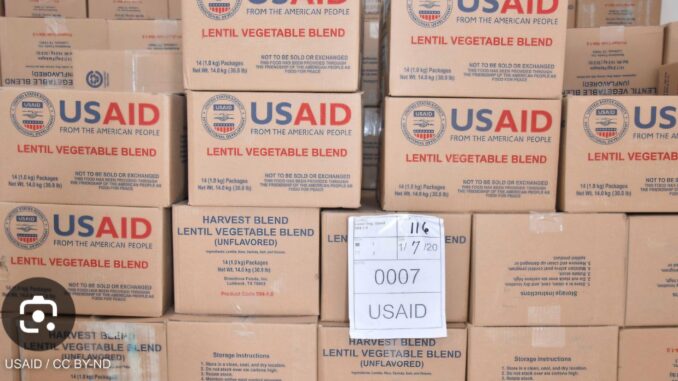
By Aloysious Tamba Foryoh
The last few days since January 24 have seen thousands of aid workers and the media stretched out; each rallying to highlight the vital work and profound impact of the generosity of the American people through USAID on communities around the world, especially in Africa and Asia.
Today, I choose to share my story not as a development aid worker whose professional career has been affected by the U.S. aid freeze or the USAID Stop Work Order, but rather as a once-direct beneficiary of one of USAID’s most vital work: its food aid for refugees. I want to shed light on the far-reaching consequences of these recent actions on the lives of millions of refugees who find themselves in situations similar to mine, 22 years ago when my family and I sought refuge in the remote communities of Guinea.
At just five years old, my family and I were displaced, living in an overcrowded refugee camp, grappling with the uncertainty that loomed over us as we fled the civil war in Sierra Leone. In that remote camp, access to even a single quality meal was not a guarantee; life was a constant battle against hunger. Each day felt like an eternity, and the hope for just one meal became a flicker of light in an otherwise dark existence. It was during this desperate time that the American people, through the USAID – US Agency for International Development, extended a lifeline that would change the lives of countless refugees in our camp.
I vividly recall the day we received our first food aid package. The sight of the bright blue USAID logo on the bags filled me with an indescribable sense of hope. Inside were essential staples: cornmeal, bulgur wheat, beans, vegetable oil, and those unforgettable BP100 biscuits. These vital provisions were not just food; they represented a promise of survival and a testament to the generosity and compassion of a nation that cared for those in need.
As a child, I didn’t fully grasp the complexities of international aid or the political machinations that often accompany it. What I did understand was that the food provided by USAID was a critical support system that helped combat malnutrition among children like me. It nourished not only our bodies but also our spirits, allowing us to dream of a future beyond the confines of the refugee camp. I think of the countless other children who, like me, relied on that aid to grow, thrive, and eventually rebuild their lives.
Today, as a health communication professional, I look back on my journey with immense gratitude. The food aid we received was more than mere sustenance; it was a lifeline that allowed me to envision a brighter future. Without that critical support, I often wonder where I would be today. Would I have had the strength to pursue my education? Would I have become the advocate I am now for those still trapped in the cycle of poverty and displacement? While the answers remain uncertain, one thing is clear: the impact of USAID’s work resonates deeply within me.
This brings me to the present moment, where I stand not just as a development aid worker but as a voice for the millions of refugees around the world who are currently facing the dire consequences of the recent stop work orders issued to USAID’s global implementing partners. The freeze on U.S. foreign aid threatens to strip away the vital support systems that countless individuals rely on to survive. The repercussions of these actions extend far beyond the administrative realm; they affect real lives, real families, and real futures.
As I share my story today, I implore decision-makers to consider the profound impact of their choices on those of us who have benefited from USAID’s life-saving programs. The need for continued support and the unfreezing of U.S. foreign aid is not merely a bureaucratic issue; it is a moral imperative. It is about ensuring that no child goes hungry, that no family is left to fend for themselves in times of crisis, and that hope continues to flourish even in the darkest of circumstances.
As someone who has walked the path of a refugee, I stand in solidarity with those who are still navigating the challenges of displacement. As we advocate for the continuation of USAID’s vital work and ensure that the spirit of generosity that once lifted my family continues to thrive for generations to come, I firmly believe that lives can be transformed through the compassion of others, and it is our collective responsibility to ensure that this compassion endures. The work of USAID touches lives, saving children from malnutrition and providing hope for brighter tomorrows.
World Food Programme
UNHCR, the UN Refugee Agency

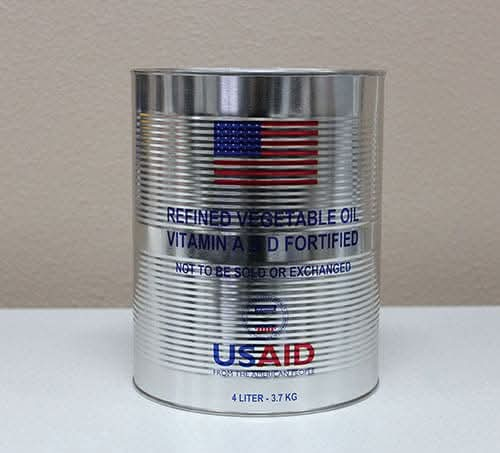
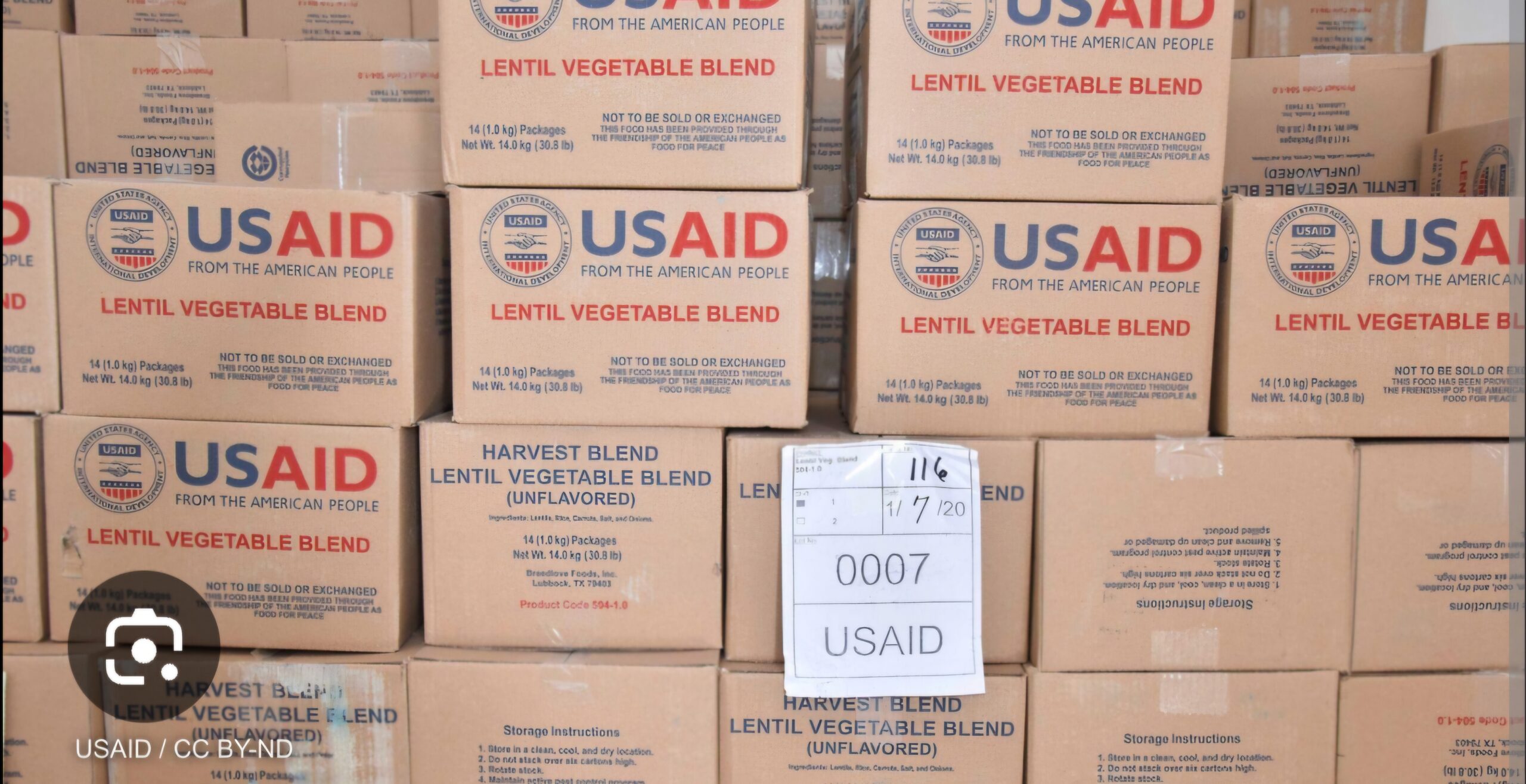
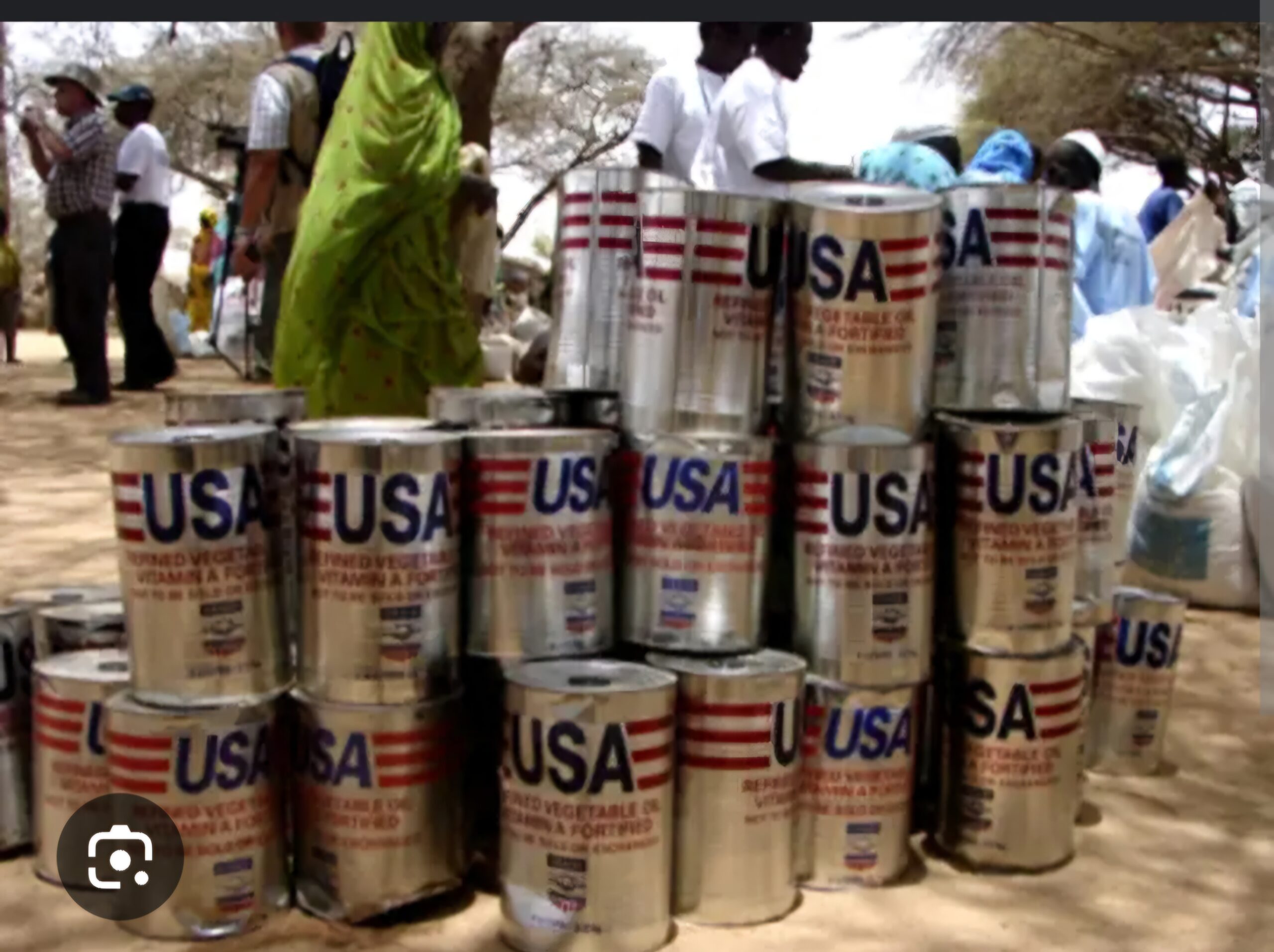
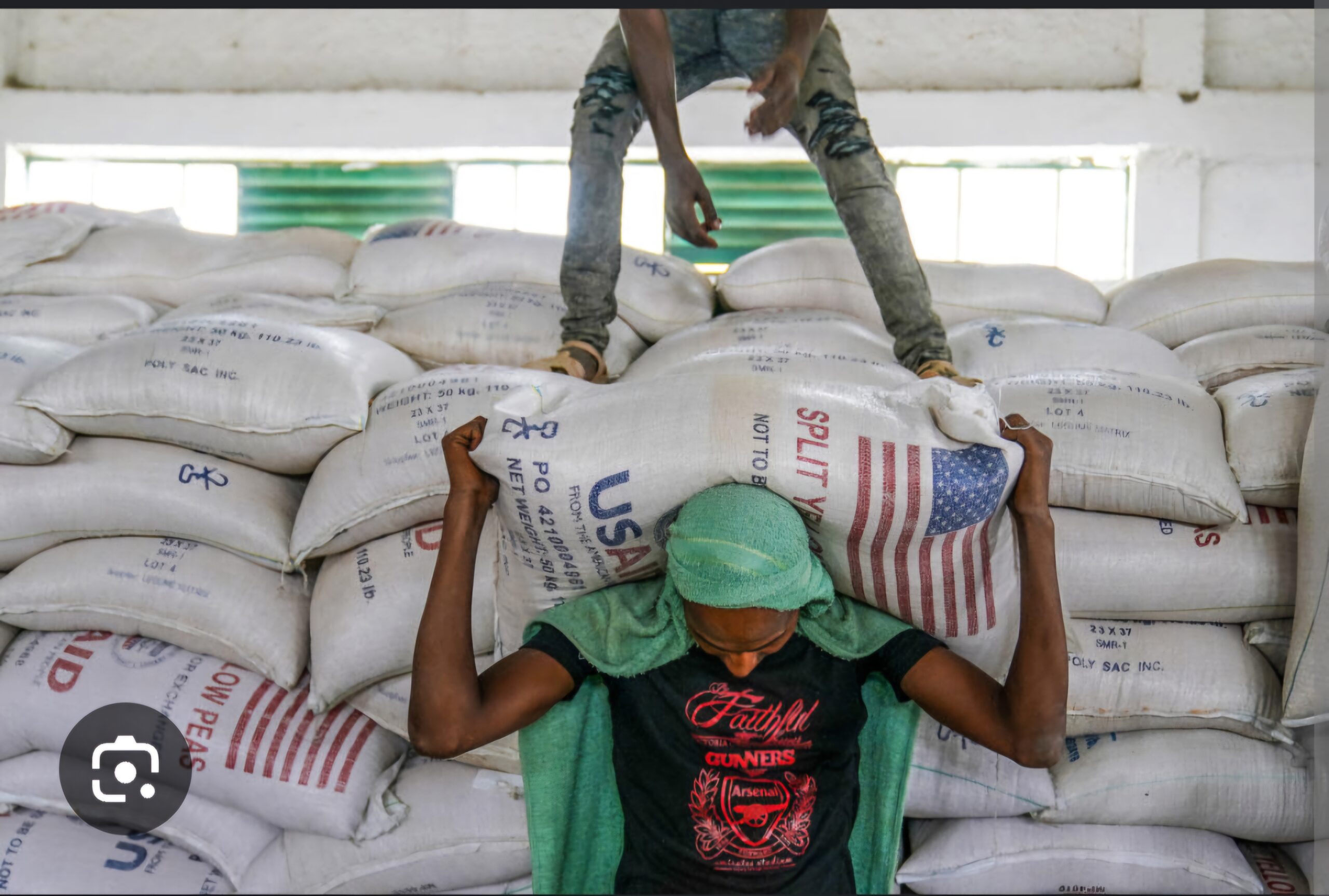
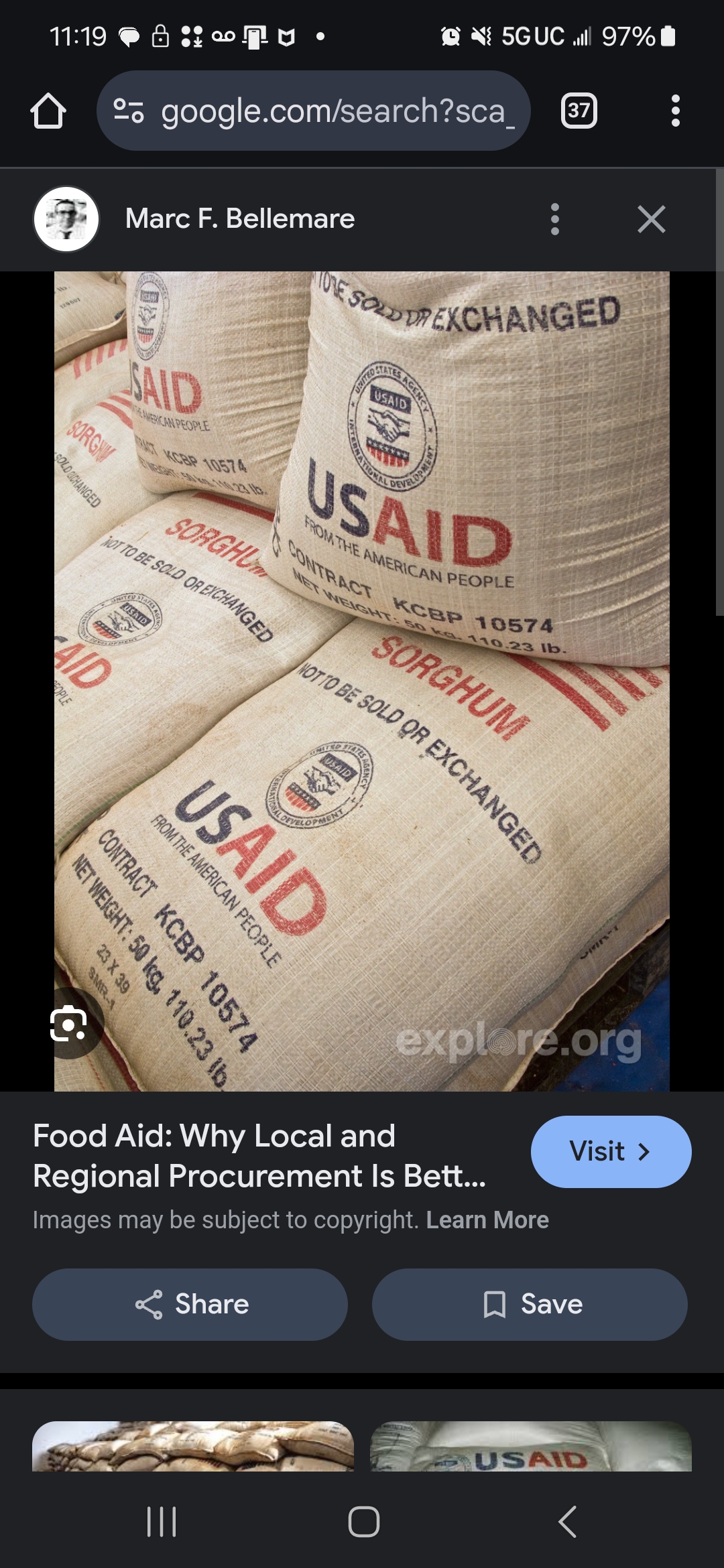

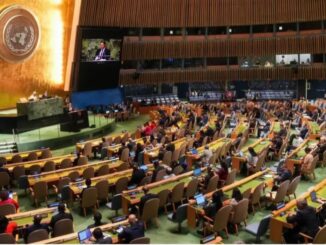

Leave a Reply